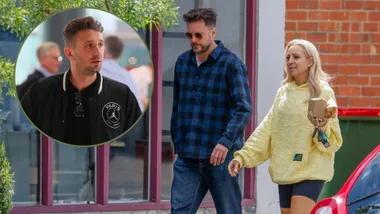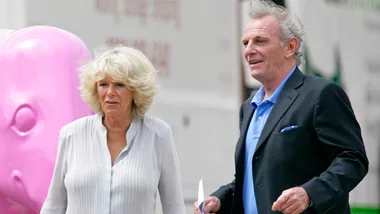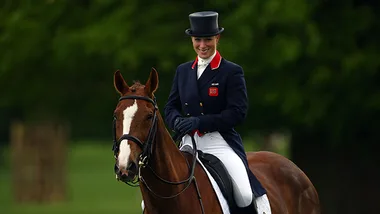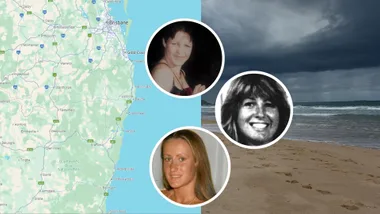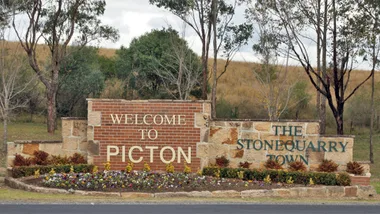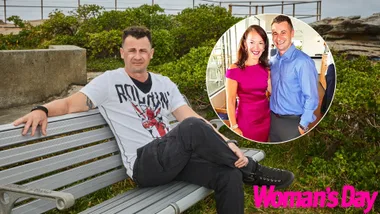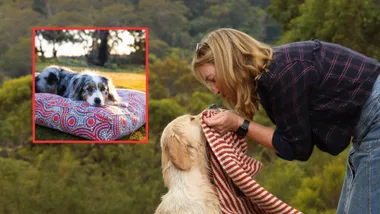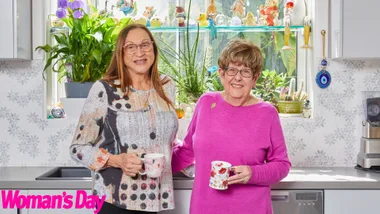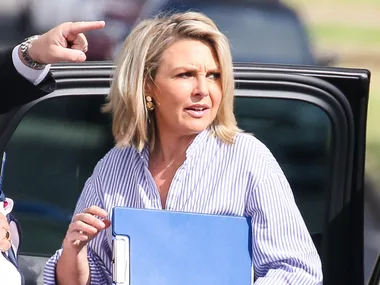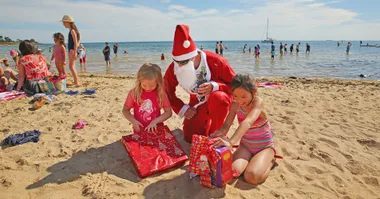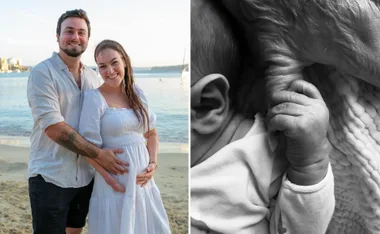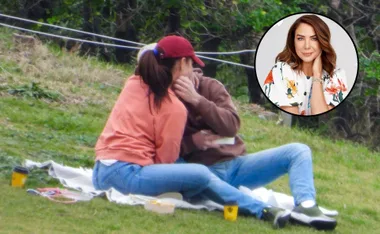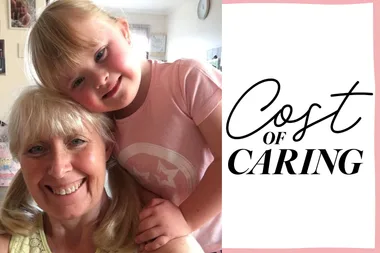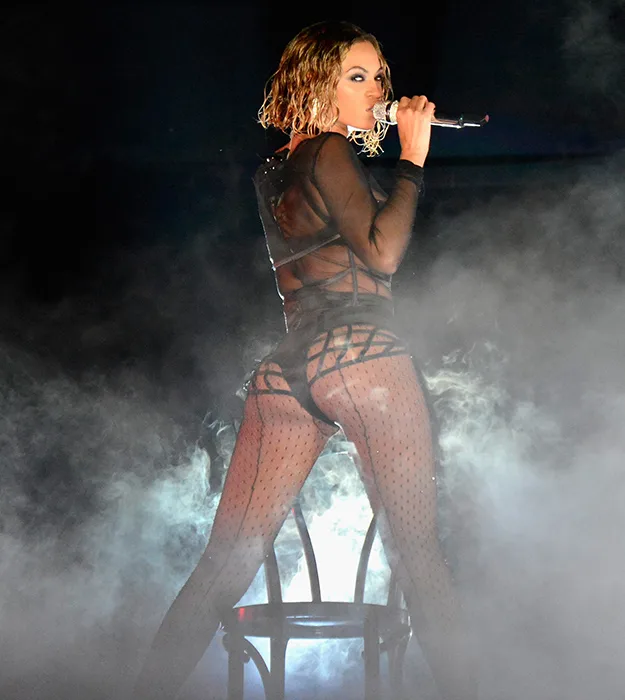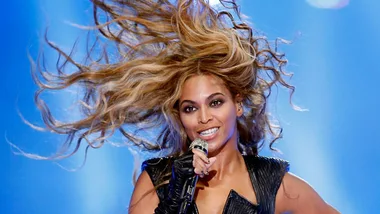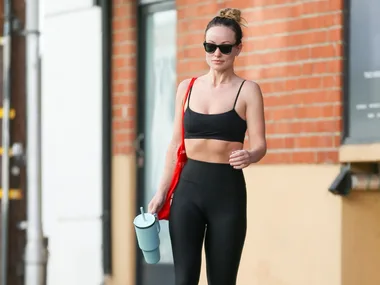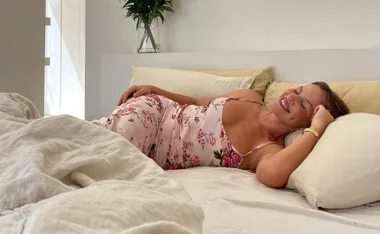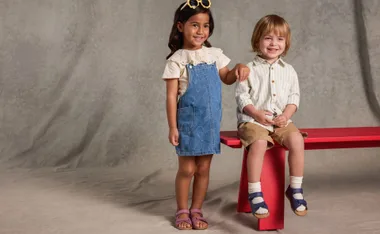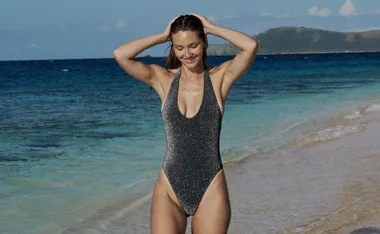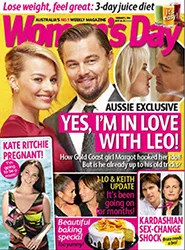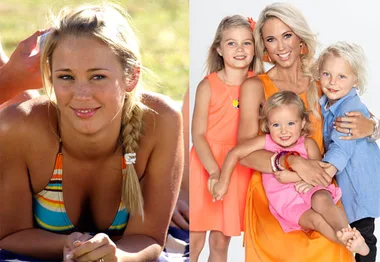In 2008, heavily pregnant with her second child and with an 18-month-old son in tow, Jane Sale moved bush.
Proper bush. Not some dainty weekend retreat in the country, but to the outback – a cattle station in remote north-western Australia.
There was no running water. No electricity. No house. Jane and her husband Haydn had moved to a place where they were completely disconnected from the modern world.
“We celebrated each victory as it came: the water, the electricity, the phone, the Internet … the house!” she says.
The Sales own three vast plots of land – Yougawalla, Bulka and Margaret River Stations – which have a combined acreage of 2.5 million acres, around the same size as Lebanon.
Business was going well for the Sales until the Live Export ban hit them in 2011.
“We had no notice of the decision,” she says. “Suddenly our business ground to a halt, and we didn’t know when or how it was going to start again.
“Our cattle provide over 4.5 million meals to Indonesia every year, and there was nothing wrong with our standards of care, nor of the feeding lots we use in Indonesia, so the reaction by the government seemed quite extreme.”
While the Live Export Ban lasted just a month, Jane says the ramifications for family businesses like hers are still lingering, two-and-a-half years later.
“Indonesia was totally offended by Australia’s ban, and things are only just returning to normal now,” she says.
“We looked like bad people to do business with – our industry was unable to provide a product that had been promised.”
Just a month after the shock of the Live Export Ban, Jane was severely mauled by a bull on her property.
Jane’s husband Haydn explains that a cleanskin (or wild) bull joined a herd that were being mustered by his wife.
“A bull had smashed a gate off its hinges … and attacked her, smashing her against the fence, continually throwing her in the air and partially scalping her. Her skin was slashed right across the forehead and all the way to the back of her head.”
Haydn had to fly Jane to hospital, where she was transferred to Broome for emergency surgery. Despite her horrific injuries, Jane’s surgery was a success, and she was back working on the farm, and looking after her two kids, Gus and Tilly, within weeks.
“After the Live Export Ban and my recovery, a group of us got together and decided we had to do something about the image of our industry,” Jane says.
“We flew to Indonesia to see how the cattle were treated in the feedlots and abattoirs, and honestly, I couldn’t be prouder of the way the animals are handled.”
On returning home, Jane started a blog about life on remote stations that is hosted by a different family every week.
“We want to set people’s minds at ease,” she says. “We haven’t told our stories well enough – we are busy people working long days – but our stories need to be heard.
“People get this idea that we are tough – we are emotionally tough, I suppose – but we are real people who genuinely care about what we do.”
Central Station tells the stories of different outback families, all struggling against tough conditions in outback Australia.
Jane is passionate about what she does, and says she gets a real sense of achievement from her work.
“I am adventurous – you have to be to live out here – and I am proud of what we do,” she says. “While Live Exports seem controversial, it is seriously the best boat ride a cow could have – and I don’t want our industry to be judged on the actions of a few.”
For more information about the life of outback cattle farmers, visit Jane’s Central Station blog.
Newsletter conversion description. Get the latest in your inbox.














.png?resize=380%2C285)
.jpg?resize=380%2C285)
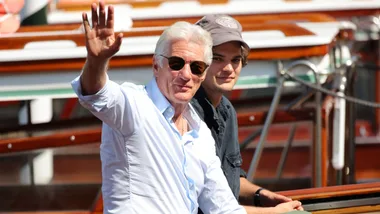
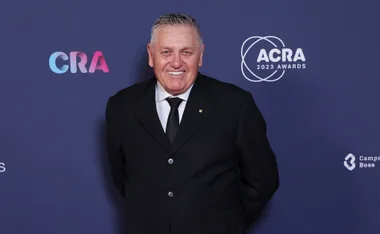


.png?resize=380%2C285)
